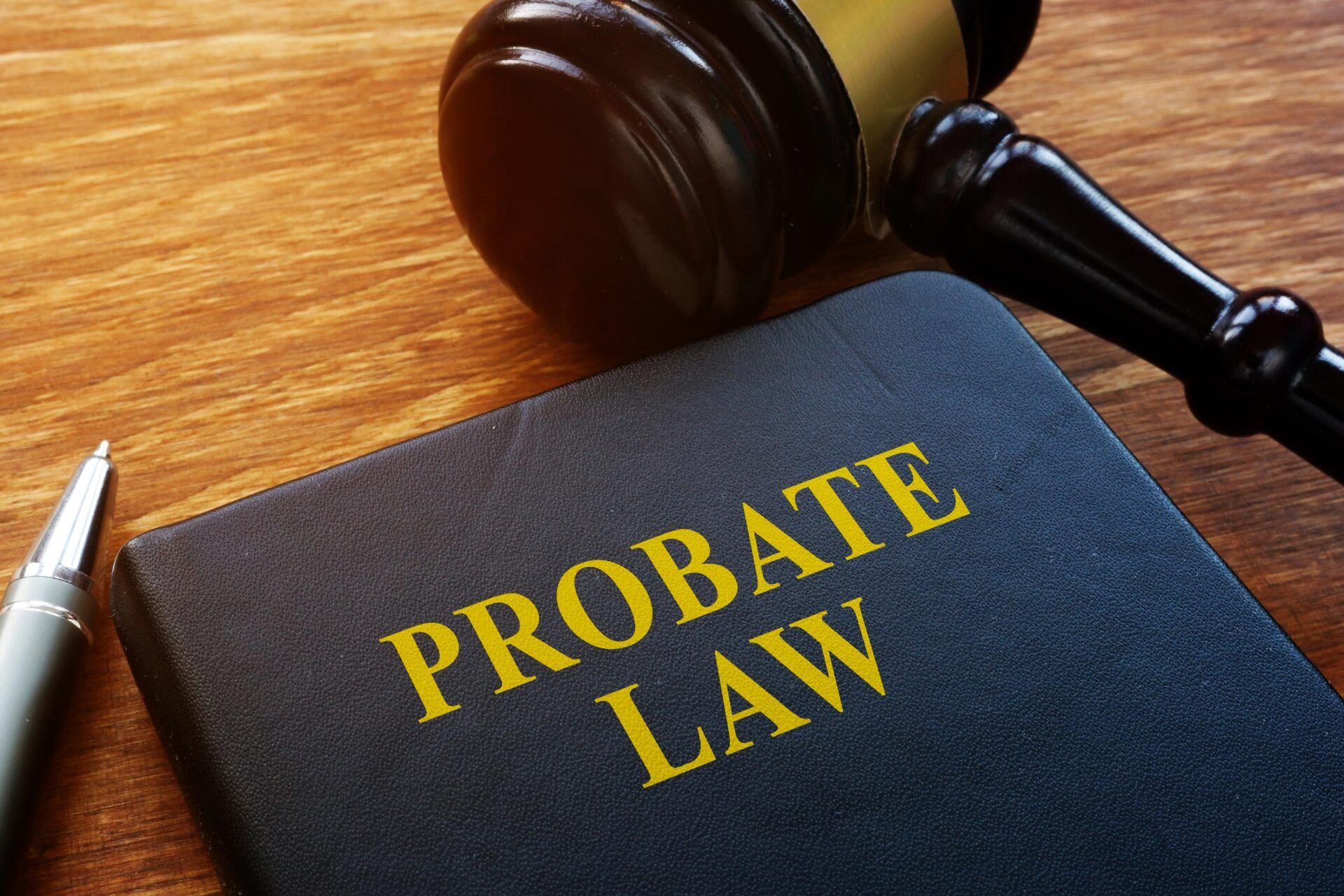Probate
Often when someone dies it is necessary to open a probate estate in Court. Generally, probate is needed when a decedent owned assets in his or her individual name alone and there is no beneficiary that is named. Assets that are owned jointly or where a beneficiary is named generally are not part of the probate process. Ptasinski & Smith represents Executors and Administrators in the Probate Court and helps them make sure that everything is handled competently, efficiently and in accordance with Illinois law. We do our best to make your job easier. Please contact us if we can help.
What is probate?
Probate is the Court administered process that make sure that when a person dies that that person’s assets are distributed to the people, charities or entities that are legally entitled to receive them and that everyone’s interests are adequately protected. If the decedent had a Will the Court enters an Order finding it to be valid. A lot of people have the misconception that if you have a Will that probate is not needed. That is not true. Whether probate is needed or not depends upon how the decedent owned his or her property at death. The probate procedure can oftentimes be fairly straight forward, but sometimes it is not. It depends upon the nature and extent of the decedent’s assets and whether there are any disputed issues involved. There are many legal requirements that must be complied with when probate is necessary, and an experienced attorney is important to help the executor through the process.
CAN PROBATE BE AVOIDED?
Probate has certainly gotten a bad reputation in that it is expensive and takes a long time. There is a bit of truth to that, but actually over the years the probate process in Illinois has been simplified and made less expensive. Also sometimes probating an estate can be beneficial to the family. It can shorten the time frame for which claims by creditors can be filed against an estate. It can also cut off the rights of disgruntled family members. But probate can be avoided by utilizing a number of different strategies such as Living Trusts, joint ownership of assets, properly naming beneficiaries on assets like retirement accounts and life insurance, and setting up land trusts or using what is known as a Transfer on Death Instrument with respect to real estate. However, it is very important to consult with us about any of these strategies because there are definitely pros and cons involved with all of them that must be carefully considered. Ptasinski & Smith can help you. Please contact us.
BROWSE OUR WEBSITE
CONTACT INFORMATION
Phone: 847-296-6631
Email: dsmith@ptasinskismith.com
Address: 241 Golf Mill Professional Building, Suite 800, Niles, IL 60714
Hours of Operation:
- Mon - Fri
- -
- Saturday
- -
- Sunday
- Closed
Or by appointment
OFFICE LOCATION
Member of The Chicago Bar Association, The Illinois State Bar Association, The Northwest Suburban Bar Association, and The Illinois Real Estate Lawyers Association

